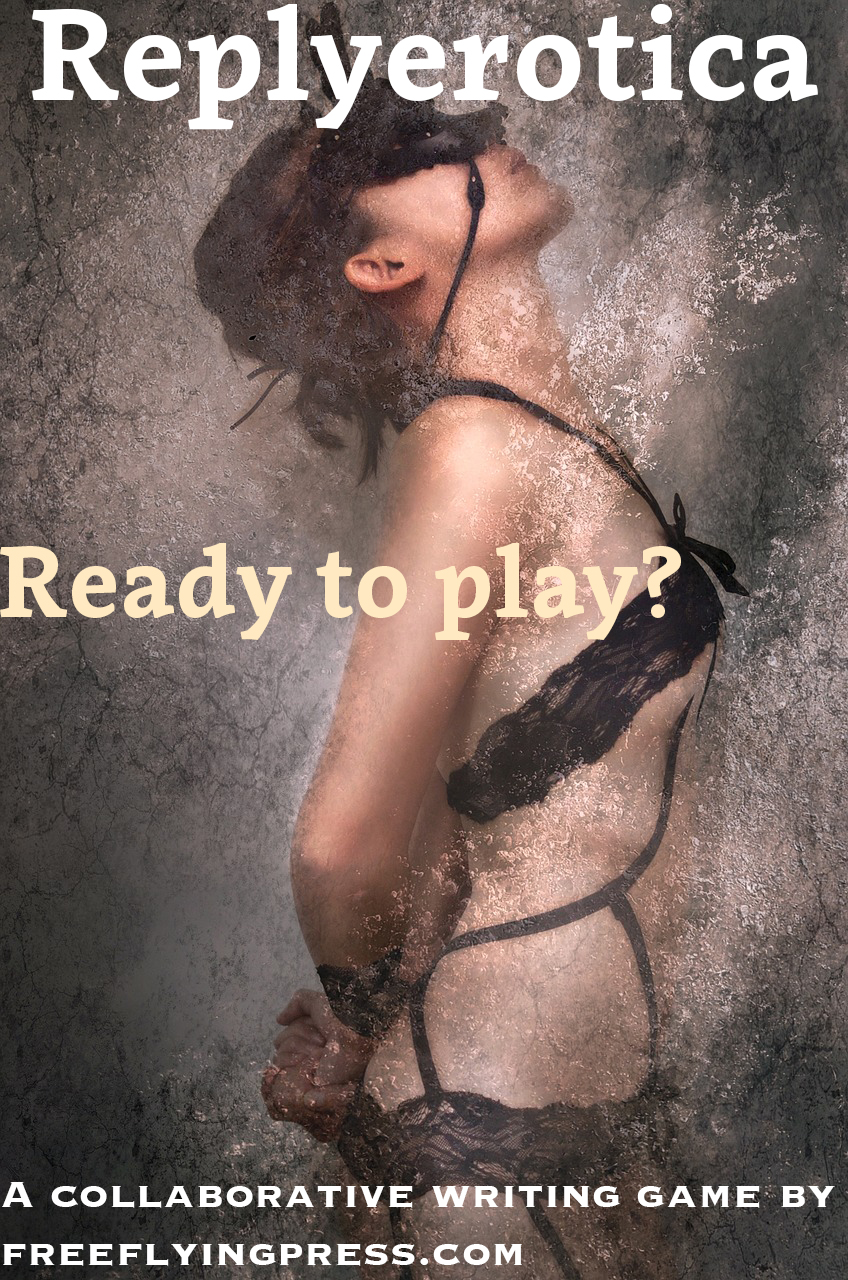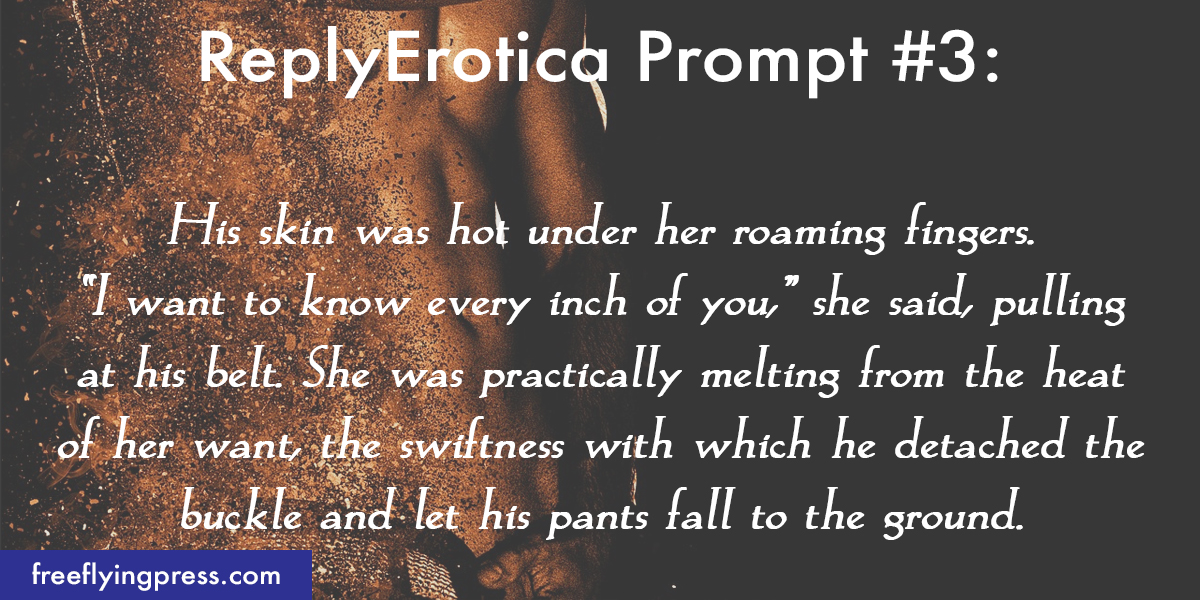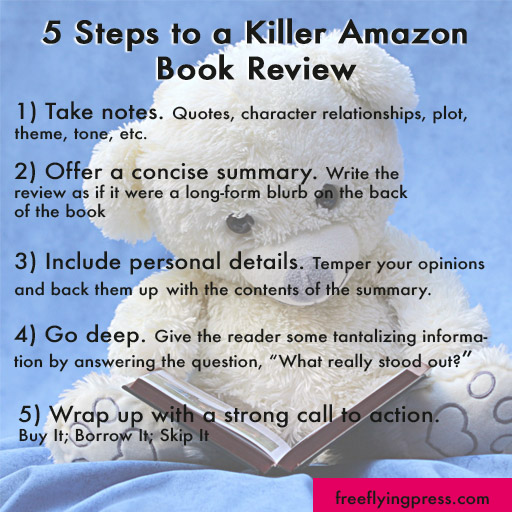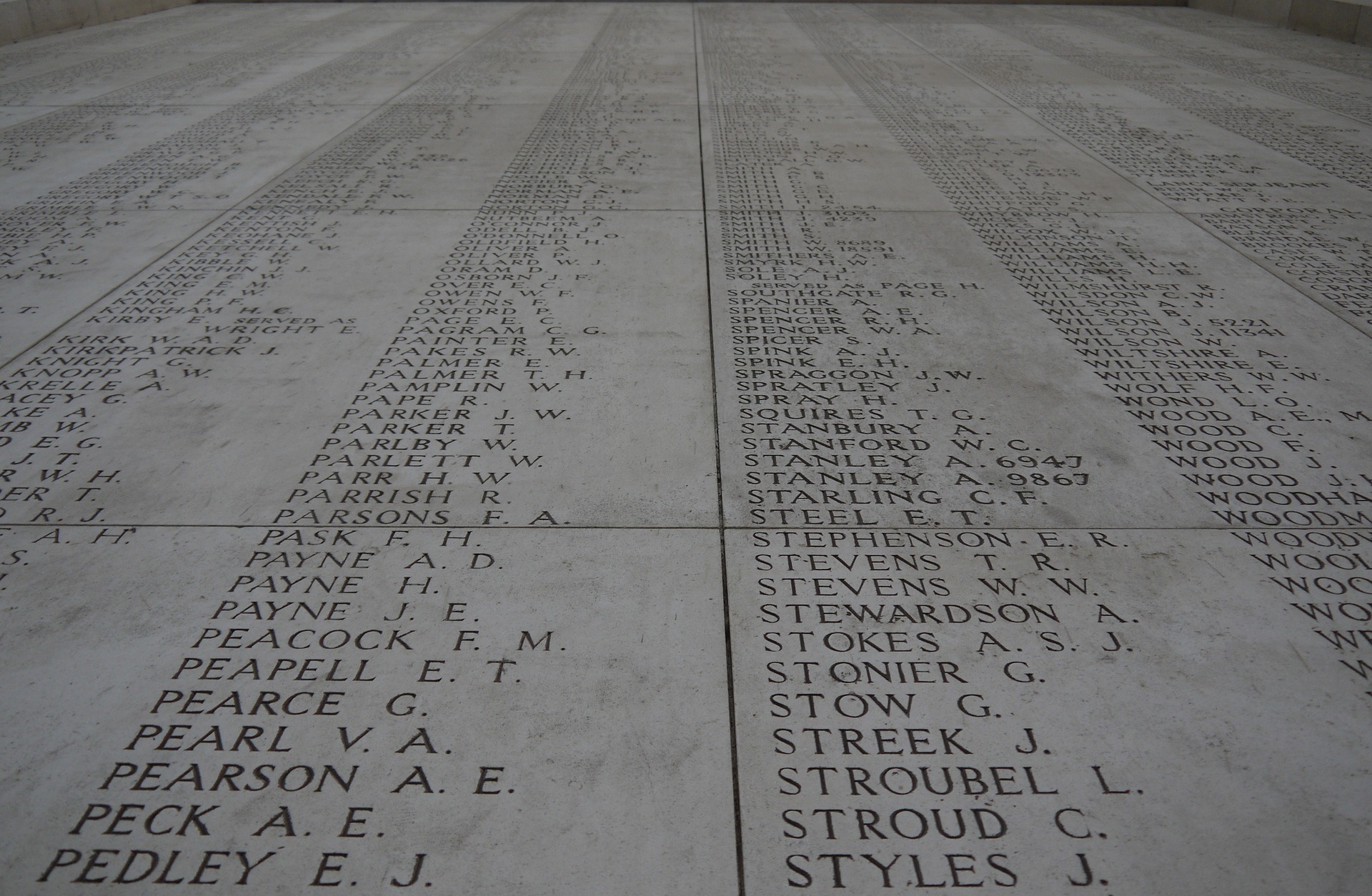Running HOT and COLD
/Image by Jonny Lindner from Pixabay
Submerge.
Can you feel it?
Does the tingle flush heat tickle thousands of teases along your flesh?
Yes?
Good.
Now come up for air. Face to the sky, breathe and hold space until warmth becomes hot, so hot. The heat inside rises above your usual climate.
Time to get cold.
The frigid air startles when you come out of the hot soak.
You know that’s nothing as you rush to the plunge that makes you shriek.
You force yourself to go under.
Only your face comes free.
This plunge is cold, so cold.
Your breath comes in short gasps and the freeze holds you hostage.
You count quickly and hope time will pass swiftly.
Then something shifts.
You stop fighting it.
You stop hating it.
Cold becomes comfortable.
The chill is now a thrill.
Your mind floats to the ethers and expands to infinity.
You could stay there in stillness forever, you think.
Then the chill hints of kill, well not really kill, but the cold has penetrated you.
It’s time to get warm.
The air affects you not as you run back to the hot.
Submerge again.
So the tingle flush heat tickles thousands of teases along your skin, more vivid, more intense.
You savor that warmth flooding your bones through your flesh.
You breathe slowly and wait for the heat to become hot, so hot…
Doesn’t that sound fabulous?
Soaking hot and plunging cold is even better when you actually do it.
I learned about this incredible practice at Hippie Hot Springs, one of my favorite places in the whole wide world.
At Hippie Hot Springs, all your needs are met through no exertion on your part. There are 3 meals a day served at the same time every day. Food is served buffet style. When you’re finished, you drop your dirty utensils in the appropriate bins after dumping your leftovers in the compost.
And that’s it. Besides keeping your cabin tidy, there are no chores, leaving you free to soak, sauna, and show up on time to eat.
But the quartet of pools with increasing temperatures, with a cold plunge at the end of the deck are high on my priorities. The hottest pool can get up to 112°F or as low as 106°F. Most of the time, the HOT pool hovers between 108°-110°F.
The cold plunge is a small wooden tub and the temperature varies. The water is not freezing, but after heating up in the HOT pool, it sure feels like it.
This is not for the faint of heart. But if you want to clear your lymph and purge the ICK of life out of you, go at least 7 rounds between the HOT and COLD.
The recommended times vary, but it comes down to 2:1 ratio of hot to cold, or half the time you spend in the hot, spend in the cold.
It sounds insane to deliberately mess with your body temperature like that, doesn’t it? But this is incredibly good for you.
Dilating and constricting your blood vessels is amazing for the circulation of your blood and your lymphatic fluid.
Our lymphatic system, which removes bacteria and other foreign invaders our bodies don’t need, plays a vital role in our immunity. Yet lymph doesn’t have the strength of the heart behind it, thus moves at a slug’s pace on its own. Exercise moves lymphatic fluid to the nodes.
And so does running hot and cold.
Even though I know how healthy and euphoric this is, this practice never ceases to daunt me. I cringe every time.
I’ve been known to do a couple of partial rounds to warm up before going into the official 7 rounds. You can break down the time however you like, but I’m fond of 2 minutes of hot to 1 minute of cold.
This is approximate, because I’m hardly working with a timer. I’m counting in my head. But the bottom line is to stay in each temperature as long as you can until you feel uncomfortable.
It’s hard to believe.
But once I get used to it, I find myself CRAVING the COLD.
I even move my limbs so that there isn’t a part of me that isn’t chilled. The bliss of that moment when the freeze becomes pleasurable is impossible to truly describe.
Sometimes I stay longer than the allotted time until the cold starts to hurt.
Then it’s time to get back in the HOT. Every time the heat rushes in, my skin comes alive in a whole new way.
By the way, don’t forget to stay hydrated. That is really, really important.
Then it’s back to the COLD.
If you want to go more than 7 rounds, go for it. Cautiously, of course.
This isn’t just good for the body. You are also creating an altered state of consciousness with this practice.
It is an ultimate natural high. The more rounds you take on, the deeper the dive. I’ve reached the edge of delirium more than once.
Then the bell rang and it was time to eat.
Don’t ignore that call. Eating and drinking is good after doing something like this.
But can you imagine feeling depressed, angry, anxious, hopeless, sad, or lonely after a practice of running HOT and COLD?
For me, that isn’t possible.
Physically, I feel so alive every time I do this. And mentally, I’m so deep in the peace, there’s no room for anything else.
This also works with sauna and steam.
So give HOT and COLD a try. You’ll feel incredible.


























![read quotes from famous authors for writing inspiration [Joss Whedon]](http://static1.squarespace.com/static/582397406b8f5ba7481a59e6/5834b402890b272eff1f0674/5834b40c890b272eff1f06e7/1479848972415/quote1.png?format=original)











